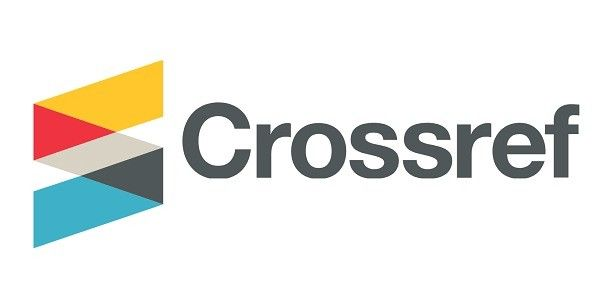Plagiarism Policy
The World Journal of Experimental Biosciences (WJ Exp Biosci) is firmly committed to upholding the highest standards of academic integrity and publication ethics. Plagiarism in any form is not acceptable. This policy applies to all manuscripts submitted to the journal. Similarity reports above 20% will be examined; some similarity in references, methods, or standard phrases is acceptable. Excessive similarity in discussion, results, or conclusions is considered plagiarism.
Definition of Plagiarism
Plagiarism occurs when an author presents another person’s ideas, data, images, or words as their own without proper acknowledgment of the original source. This includes, but is not limited to:
-
copying text or results from previously published work without citation
-
paraphrasing significant content without attribution
-
re-using figures, tables, or images without permission or citation
-
self-plagiarism (re-publishing one’s own previously published material without disclosure)
Self-plagiarism includes duplicate publication, data fragmentation, or submitting previously published material as new work.
This policy follows the Committee on Publication Ethics (COPE) guidelines on plagiarism and publication integrity.
Similarity Checking
All submitted manuscripts are screened for similarity using Turnitin plagiarism detection software.
-
As a general guideline, a similarity index above 20% may be considered unacceptable
-
However, similarity in references, methods, and standard phrases may be tolerated
-
High similarity in the Results, Discussion, or Conclusion sections is not acceptable
Similarity reports are evaluated manually by the editorial office before a decision is made.
Screening Stage
Plagiarism may be detected at any stage of the submission or publication process.
Before Peer Review
Manuscripts found to contain significant plagiarism will be rejected immediately and returned to the authors.
During Peer Review
If plagiarism is suspected during review, the process may be paused while an investigation is conducted.
After Publication
If plagiarism is confirmed in a published article, the journal will take appropriate corrective action, which may include:
-
issuing a formal retraction notice
-
marking the article as retracted
-
notifying indexing databases
-
notifying the authors’ institution or funding body when appropriate
Retraction notices remain permanently available and are linked to the original article.
Investigation and Author Response
If plagiarism is suspected:
-
The Editor-in-Chief will notify the corresponding author.
-
Authors will be given 2–4 weeks to provide an explanation.
-
The editorial board will review the case and make a final decision.
Failure to respond may result in rejection or retraction.
Possible Actions
Depending on the severity and intent, actions may include:
-
rejection of the manuscript
-
request for revision and correction
-
prohibition from submitting to the journal for a defined period
-
notification of the authors’ institution
-
retraction of a published article
Repeat or serious ethical misconduct may result in permanent submission bans.
Types of Plagiarism
The journal recognizes the following forms of plagiarism:
1. Full Plagiarism
Submission of previously published work with no changes or acknowledgment.
2. Partial or Mosaic Plagiarism
Use of content from multiple sources with limited modification or citation.
3. Self-Plagiarism
Re-use of one’s previously published work without disclosure or citation.
Ethical Responsibility
Authors submitting to WJ Exp Biosci confirm that:
-
their work is original
-
all sources are properly cited
-
permissions are obtained where needed
-
the manuscript is not under consideration elsewhere
The journal promotes academic honesty and respects intellectual property. Authors are expected to adhere to the highest ethical standards.
This policy is reviewed periodically to ensure compliance with international best practices in scholarly publishing.















